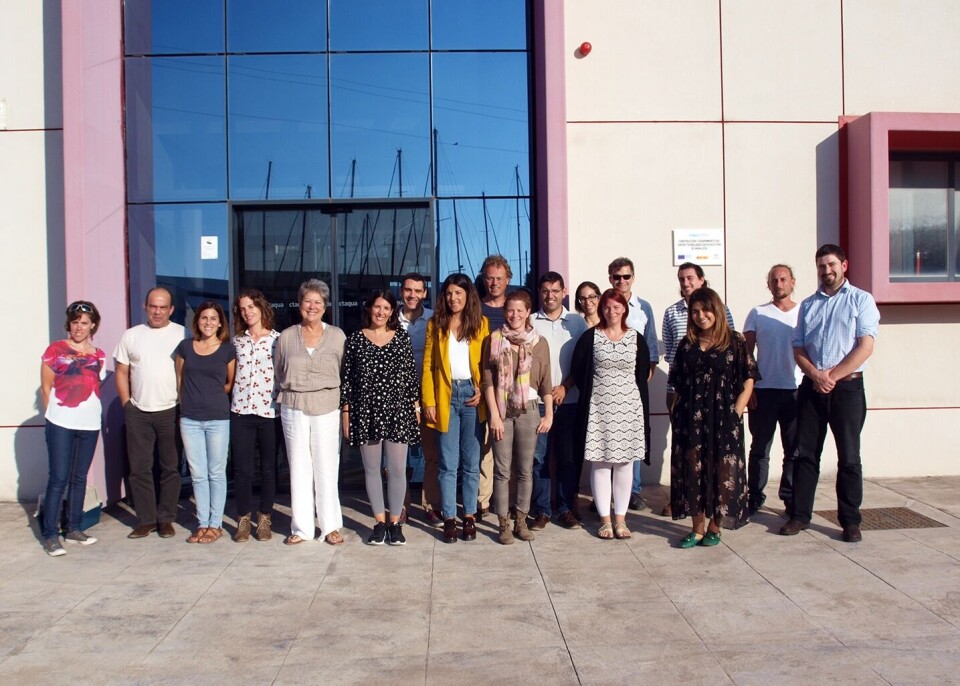
SAMS joins bid to unlock multi-trophic potential
AN initiative to promote the development of integrated multi-trophic aquaculture (IMTA) across Europe has been launched by eight European organisations, including the Oban-based Scottish Association for Marine Science (SAMS).
The Integrate project, involving partners from Spain, France, Ireland, Portugal and SAMS in the UK, is intended to effectively increase competitiveness in Atlantic IMTA, unlock sectorial green growth and improve the quality and public perception of aquaculture products.
Integrate seeks to improve the environmental performance of IMTA by focusing on making best use of the nutrient flow in aquaculture facilities by farming together species belonging to different trophic levels. The IMTA approach maximises resource efficiency while providing natural bioremediation at aquaculture farming sites.
Industrial upscaling
Multi-tophic aquaculture systems contribute to making aquaculture more sustainable and competitive, but despite being encouraged by European Union policie, there still are socio-economic, administrative and legal bottlenecks hampering the development of IMTA to its full potential.
“We will assess the environmental impact of Atlantic IMTA, identify bottlenecks to IMTA development and design a suitable strategy for its industrial upscaling”, said María del Mar Agraso, technical director at the Andalusian Aquaculture Technology Centre (CTAQUA), Integrate’s lead partner organisation.
“This project will provide us with the knowledge we need to start working alongside policy makers towards the creation of a regulatory framework that will support industrial IMTA in the European Atlantic Area.”
Three-year scheme
Along with CTAQUA and SAMS, the organisations involved in the project include Agrocampus Ouest (France), the Portuguese Institute for Sea and Atmosphere, National University of Ireland Galway, Irish Seaweed Consultancy, ALGAplus (Portugal) and the Centre for Study and Promotion of Algae (France).
The three-year scheme, funded by the ERDF (European Regional Development Fund), had its initial meeting at the end of October, hosted by CTAQUA in El Puerto de Santa María, near Cádiz.
"This project will provide us with the knowledge we need to start working alongside policy makers towards the creation of a regulatory framework that will support industrial IMTA in the European Atlantic area," said Del Mar Agraso.




















































